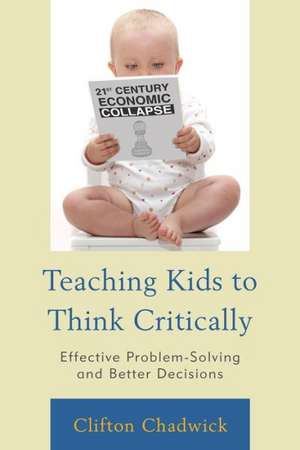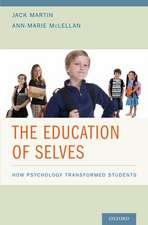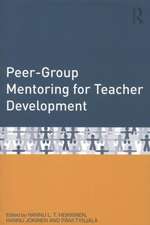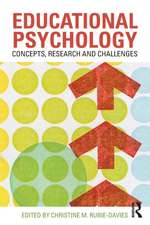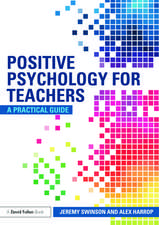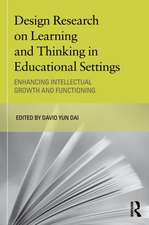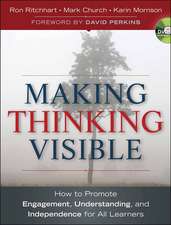Teaching Kids to Think Critically
Autor Clifton B. Chadwicken Limba Engleză Paperback – 11 sep 2014
| Toate formatele și edițiile | Preț | Express |
|---|---|---|
| Paperback (1) | 390.82 lei 6-8 săpt. | |
| Rowman & Littlefield – 11 sep 2014 | 390.82 lei 6-8 săpt. | |
| Hardback (1) | 569.25 lei 6-8 săpt. | |
| Rowman & Littlefield – 25 sep 2014 | 569.25 lei 6-8 săpt. |
Preț: 390.82 lei
Nou
Puncte Express: 586
Preț estimativ în valută:
74.85€ • 77.12$ • 62.70£
74.85€ • 77.12$ • 62.70£
Carte tipărită la comandă
Livrare economică 22 februarie-08 martie
Preluare comenzi: 021 569.72.76
Specificații
ISBN-13: 9781475810660
ISBN-10: 1475810660
Pagini: 175
Ilustrații: 11 tables
Dimensiuni: 155 x 228 x 14 mm
Greutate: 0.29 kg
Editura: Rowman & Littlefield
ISBN-10: 1475810660
Pagini: 175
Ilustrații: 11 tables
Dimensiuni: 155 x 228 x 14 mm
Greutate: 0.29 kg
Editura: Rowman & Littlefield
Notă biografică
Descriere
This book is based on a series of simple psychological concepts that helps to empower parents to play a much more active role in engaging their children in critical thinking.
